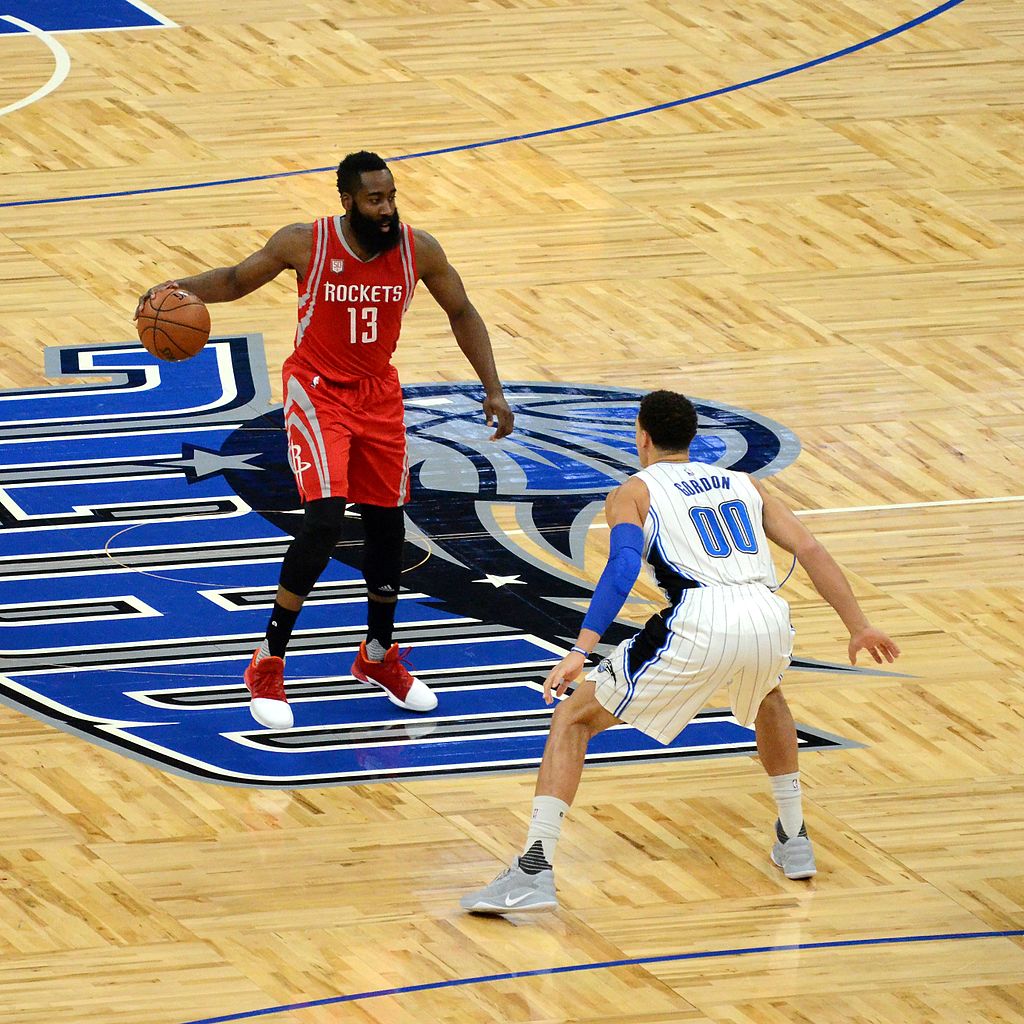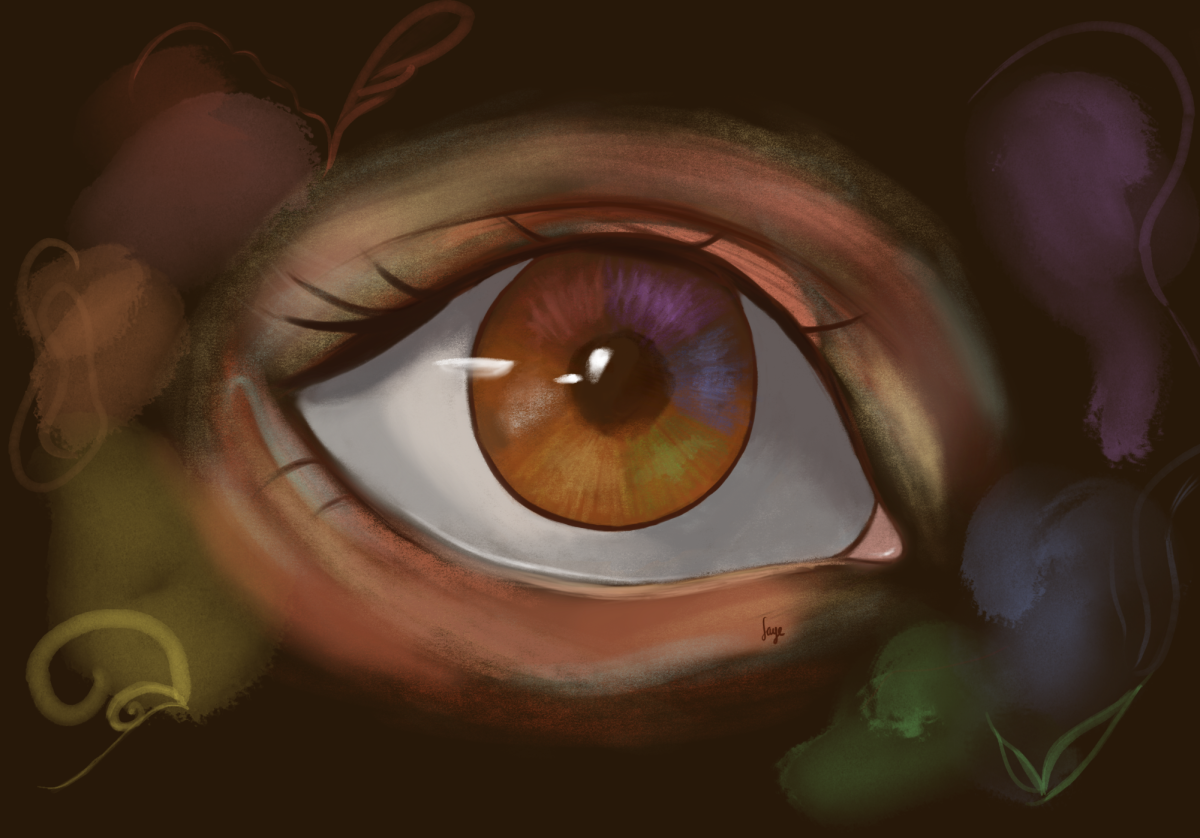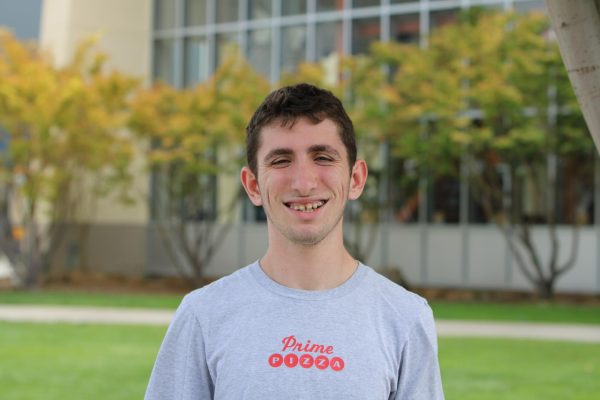Ever since arriving in the NBA, guard James Harden has made an impact on every team he’s been on — for better and for worse. With a league MVP title and 10 All-Star appearances under his belt, he’s gained a reputation as one of the greatest players of his era. However, his obsession with winning and jumping ship from teams where he isn’t the star has also earned him a reputation for selfishness.
Harden began his career as the third overall draft in the 2009 NBA draft. He was picked by the Oklahoma City Thunder, which had several future MVPs, including Russell Westbrook and Kevin Durant. Harden was instrumental in the team’s success, winning Sixth Man of the Year and helping his team reach the 2012 NBA Finals. Although he seemed like a blossoming young star, in the 2012 off-season, he was traded to the Houston Rockets.
With the Rockets, Harden’s role in the league changed dramatically, turning from one of many decent players in Oklahoma City to the Rockets’ star. Averaging nearly 26 points in his first season, he immediately cemented himself as one of the league’s top scorers.
During his nine seasons on the Rockets, Harden developed into a machine type of player, where nearly every offensive play was drawn with him in mind. Since the Rockets were loaded with three-point shooters, most playmaking responsibilities fell into Harden’s hands, which he excelled at, leading the NBA in assists in the 2016-17 season. During his tenure with the Rockets, Harden was also one of the league’s finest scorers, leading in points per game from 2017-20.
However, though the Rockets consistently ranked high, the team, and especially Harden, always seemed to falter on the big stage.
In the 2017-18 season, Harden won MVP, and his pairing with 12-time All-Star guard Chris Paul won the Rockets 65 out of 82 regular season games. With that being the best season in franchise history, hope shined for a championship win to fill Houston’s 20-year drought. In the playoffs, the Rockets started strong, defeating the Minnesota Timberwolves and the Utah Jazz, entering the conference finals to face the reigning champions, the Golden State Warriors.
The series was tight, but the Rockets pulled ahead with a 3–2 lead. With all remaining games to be played in Houston, the Rockets seemed to have their ticket to the finals already in hand. However, in Game 6, with Paul injured, the Warriors routed the Rockets 115–86, tying the series 3–3. Entering Game 7, it was up to Harden to lead Houston to the finals.
He failed miserably.
Losing 101–92, not only did the Rockets blow an early 11-point lead, but they also missed 27 three-pointers in a row. Harden — who still scored 32 points — completed his field goals with laughable inefficiency, missing 11 out of 13 3-point attempts and ending the game with five turnovers. For Harden, the most valuable and successful player that regular season, these statistics highlight a huge gap between the playoffs and the regular season, where he averaged 37 points per game and made 40 percent of his 3-point shots.
This series illustrates a theme prevalent throughout Harden’s career — performing his worst when the team needs him the most. With the prospect of earning a championship on the line, James Harden, the league’s best player, failed to step up.
Harden’s lack of commitment as a team player wasn’t only seen in Houston. In 2020, Harden left the Rockets for the Brooklyn Nets, a team of All-Stars such as Kyrie Irving, Kevin Durant and Blake Griffin. Harden was injured during the 2020-21 playoffs, where the Nets were eliminated in the conference semifinals. Even on one of the most talent-packed teams in NBA history, the next season, Harden refused to continue representing the Nets and was traded to the Philadelphia 76ers.
There, Harden hoped to be played as he was before — his general manager from the Rockets, Daryl Morey, had moved to the 76ers the previous season. However, Harden didn’t like how he was played and threatened to go on strike if he wasn’t traded. If the team couldn’t get him a ring and he wasn’t the main star, he didn’t want to be there. This season, after just one and a half seasons on the 76ers, Harden got traded to his current team, the Los Angeles Clippers.
The 34-year-old has made one thing clear about his career: it cannot be successful without him being the primary focus. In Harden’s own words, “I’m not a system player, I am a system.” From the start, his playstyle required him to always have the ball in his hands. While on the surface this seems effective, again and again, Harden has proved one thing: even with all the talent in the world, if you’re not a team player, you’ll never win a championship.









